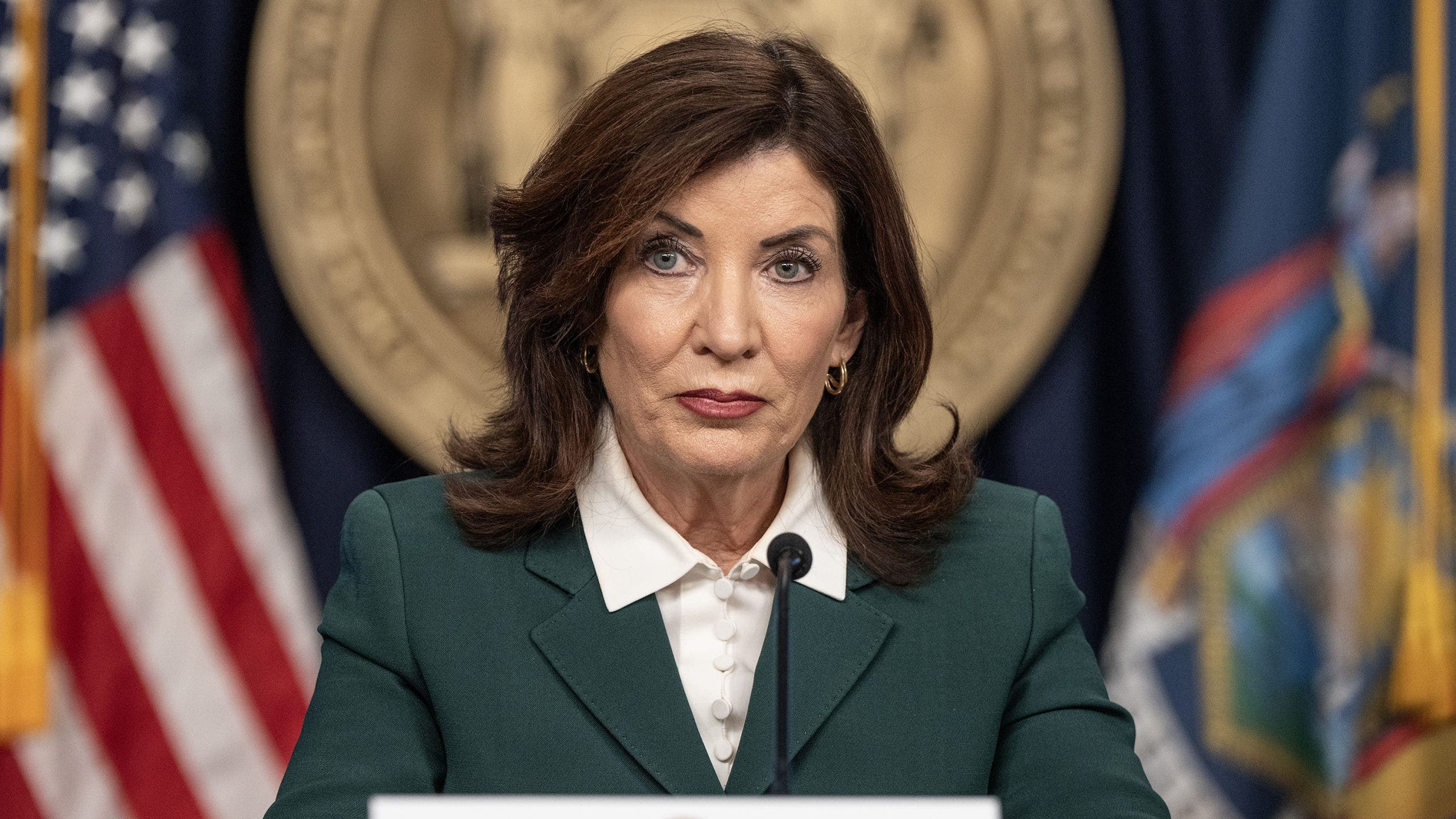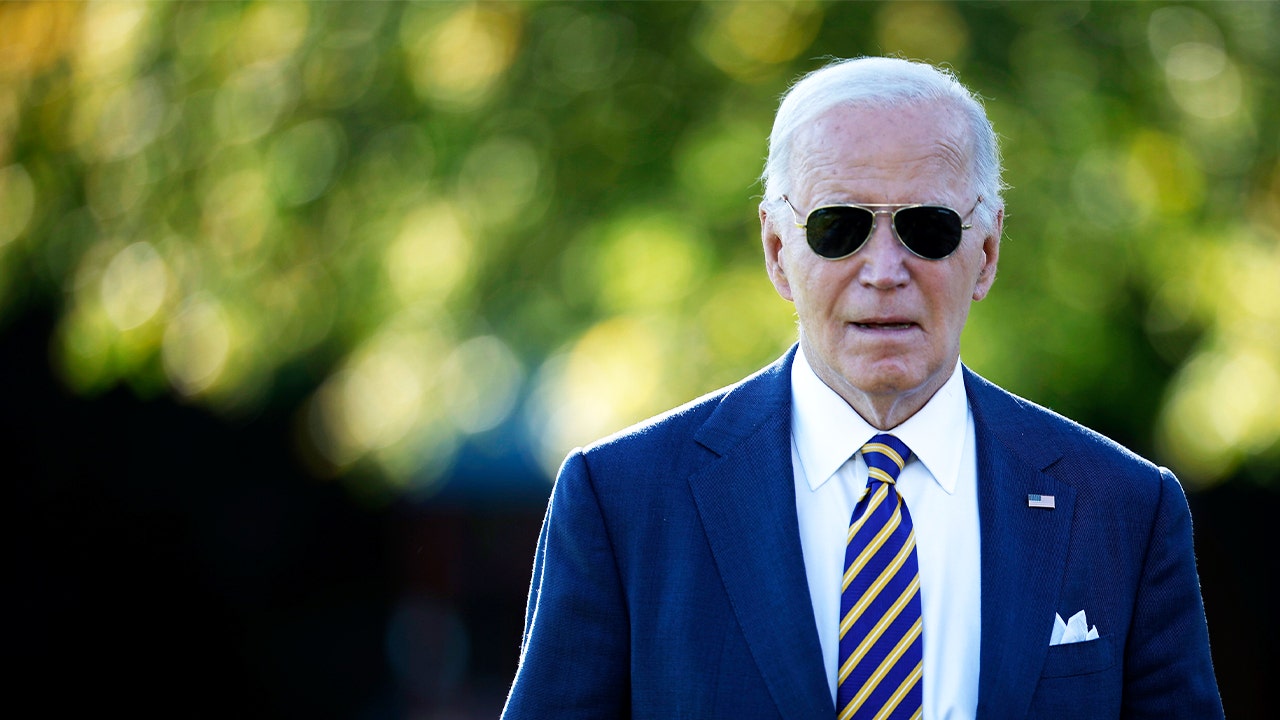A Hong Kong court will begin issuing verdicts on Thursday in the city’s largest national security trial, as the authorities use sweeping powers imposed by Beijing to quash political dissent in the Chinese territory.
The 47 pro-democracy activists and opposition leaders in the trial — including Benny Tai, a former law professor, and Joshua Wong, a protest leader and founder of a student group — face prison sentences, in some cases for perhaps as long as life. Their offense: holding a primary election to improve their chances in citywide polls.
Most of the defendants have spent at least the last three years in detention ahead of and during the 118-day trial. On Thursday, judges picked by Hong Kong’s pro-Beijing leader were set to start handing down verdicts on 16 of them who had pleaded not guilty. Those who are convicted will be sentenced later, along with 31 others who had entered guilty pleas.
The expected convictions and the sentences to follow would effectively turn the vanguard of the city’s opposition, a hallmark of its once-vibrant political scene, into a generation of political prisoners.
Some are former lawmakers who joined politics after Hong Kong was returned to Chinese rule by the British in 1997. Others are activists and legislators who have advocated self-determination for Hong Kong with more confrontational tactics. Several, like Mr. Wong, who rose to fame as a bespectacled teenage activist, were among the students leading large street occupations for the right to vote in 2014.
“The message from the authorities is clear: Any opposition activism, even the moderate kind, will no longer be tolerated,” said Ho-fung Hung, an expert on Hong Kong politics at Johns Hopkins University.
Most had sought to defend the rights of Hong Kong residents in the face of Beijing’s tightening control over the city. Public alarm over shrinking freedoms in Hong Kong had set off massive, at times violent, protests in 2019 and early 2020, mounting the greatest challenge to Chinese authority since 1989.
In response, China imposed a national security law on Hong Kong in 2020, handing the authorities a powerful tool to round up critics like the 47 democrats on trial, including Mr. Tai, the law professor who had been a leading strategist for the pro-democracy camp, and Claudia Mo, a former lawmaker and veteran campaigner.
The authorities charged them with “conspiracy to commit subversion” over their efforts to organize or take part in an unofficial primary election in 2020 ahead of a vote for seats on the Legislative Council.
In the past, pro-democracy activists had held primary elections to select candidates to run for the election of the city’s leader, with no issue, Professor Hung said.
“The fact that they were arrested and convicted and even put behind bars for so long before the verdict manifests a fundamental change in Hong Kong’s political environment: Free election, even the pretension of a free election, is gone,” Professor Hung said.
The case the Hong Kong authorities have made against the activists is complicated, and based largely on a scenario that hasn’t happened. Prosecutors say the unofficial primary election was problematic because the pro-democracy bloc was using it to win a majority in the legislature. They accuse the activists of plotting to then use that majority to “indiscriminately” veto the government budget, ultimately forcing the city’s leader at the time to resign.
That election never happened. But the activists were arrested in 2021 and their case finally went to trial in February of last year, after lengthy procedural delays.
Of the 47 defendants, 31 entered guilty pleas, including Mr. Wong, who since 2020 has served prison sentences in other cases related to his activism. Four of them — Au Nok-hin, a former lawmaker; Andrew Chiu and Ben Chung, former district officials; and Mike Lam, a grocery chain owner with political ambitions — testified for the prosecution in exchange for a reduced sentence.
The 16 defendants who pleaded not guilty include Leung Kwok-hung, a veteran activist known as “Long Hair” who pushed for welfare policies for the old and the poor; Lam Cheuk-ting, an anti-corruption investigator turned legislator; and Gwyneth Ho, a former journalist.
Since they were arrested en masse, the city has all but eliminated opposition voices in its political institutions. Only approved “patriots” were allowed to stand for election to the city’s legislature in 2021. And in March, Hong Kong passed its own national security laws with extraordinary speed, at the behest of Beijing.
The new laws, collectively known as the Safeguarding National Security Ordinance, criminalized broadly defined crimes like “external interference” and the “theft of state secrets,” with penalties that include life imprisonment. On Tuesday, the city detained six people under the new security law for allegedly publishing “seditious materials” online. The arrests come days ahead of the 35th anniversary of China’s bloody crackdown on pro-democracy protesters at Tiananmen Square. One of those detained was the activist Chow Hang Tung, the organizer of a group that has held vigils to remember the victims of Tiananmen.
Observers say that the political cases are testing the city’s much-vaunted judicial independence. A trial against Jimmy Lai, a media tycoon and an outspoken critic of Beijing, is underway. Weeks ago, a court granted a government request to ban a popular protest song, raising concerns about speech.
In the trial of the 47 democrats, the prosecution and defense argued over whether nonviolent acts, such as the primary election, could be considered an act of subversion. The national security law defines a person guilty of subversion as someone who organizes or takes action “by force or threat of force or other unlawful means.”
The defense had argued that they had not engaged in violence, and had believed that the primary election did not violate laws, and therefore was planned openly. The prosecutor, Jonathan Man, argued that the language should be given a “wide interpretation” to ensure its effectiveness.
The drawn-out legal process and lengthy detention have come at a heavy personal cost for the defendants. One former legislator, Wu Chi-wai, lost both parents while behind bars. Many of the defendants are parents of young children.
“Almost all of them are seeing their own lives being put on hold — these are some of the best and brightest of Hong Kong, all of whom have seen their careers cut short as they endure month after month behind bars,” said Thomas Kellogg, the executive director of the Georgetown Center for Asian Law. “A truly sad story.”
During sentencing, which will likely take place months later, the 47 defendants are expected to be sorted into tiers, legal scholars have said. Those considered “principal offenders” could be sentenced to between 10 years and life imprisonment. “Active participants,” between three and 10 years in prison. Others who are found guilty could be imprisoned or subject to unspecified “restrictions” for up to three years.
Eva Pils, a law professor at King’s College London, said that the authorities would likely use the outcome of the trial to make examples of those who crossed Beijing’s lines. But the chilling effect of the trial would ultimately be detrimental to the government, Professor Pils argued.
“By creating more repression, fear and self-censorship, it is depriving itself of the opportunity to learn what Hong Kongers really think about its decisions,” she said. “I think that is part of what will make it such an important case in Hong Kong’s history.”





